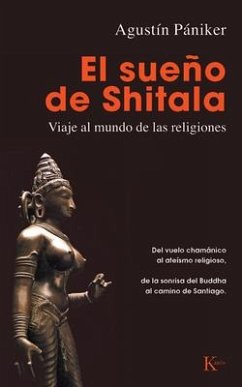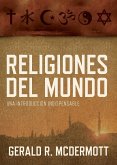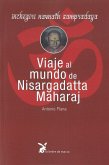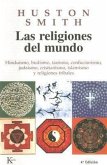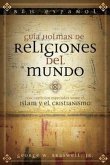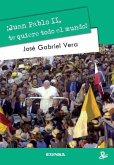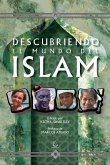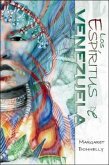This examination focuses on religion--one of the longest-lived and most universal aspects of humanity--and combines essay with travelogue, anthropological analysis, and journalistic article. Pániker begins by answering the most basic of all questions, What is religion?, and then tackles issues such as the role of contemplation, death, and sacred texts in religion; the concept of conversion and sacrifice; ideas such as orthodoxy, syncretism, and fundamentalism; and the appearance of religious sects and cults. The book explores religious practices and phenomena from all of the continents and traditions, including Buddhism, Christianity, Islam, Sikhism, shamanism, and more, as it answers questions such as What is the meaning behind the worship of an image of the Buddha? What story hides behind the Camino de Santiago? What planes of consciousness does a shaman traverse? and Why do some religions impose dietary restrictions? Readers will learn about the sources of human wisdom and gain a deeper understanding of the longevity and richness of the religious phenomenon. Este examen se enfoca sobre la religión--uno de los aspectos más longevos y universales de la humanidad--y combina el ensayo con el relato de viaje, el documento antropológico y el artículo periodista. Pániker comienza contestando la pregunta más básica--¿Qué es la religión?--y entonces aborda temas como el papel de la contemplación, de la muerte y de los textos sagrados en la religión; el sentido de la conversión y del sacrificio; nociones como las de la ortodoxia, el sincretismo y el fundamentalismo; y la aparición de las llamadas sectas religiosas. El libro explora prácticas y fenómenos religiosos de todos los continentes y las tradiciones, incluyendo el budismo, el cristianismo, el Islam, el sijismo, el chamanismo y más, mientras responde a preguntas como ¿Qué hay tras el culto a una imagen del Buda? ¿Qué historia esconde el camino de Santiago? ¿A cuáles planos accede el chamán? y ¿Por qué ciertas religiones imponen restricciones alimenticias? Los lectores aprenderán sobre las fuentes de sabiduría de la humanidad y conseguirán un entendimiento más profundo de la permanencia y riqueza del fenómeno religioso.

